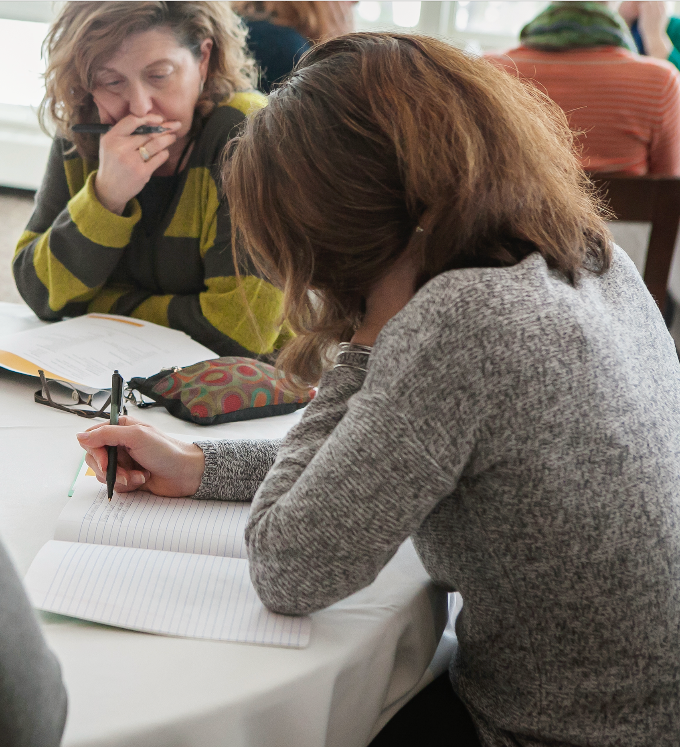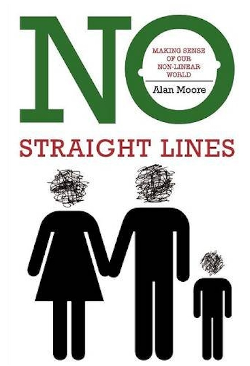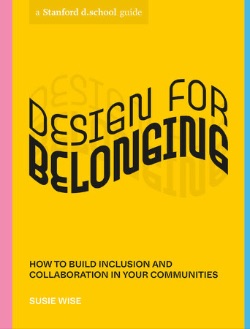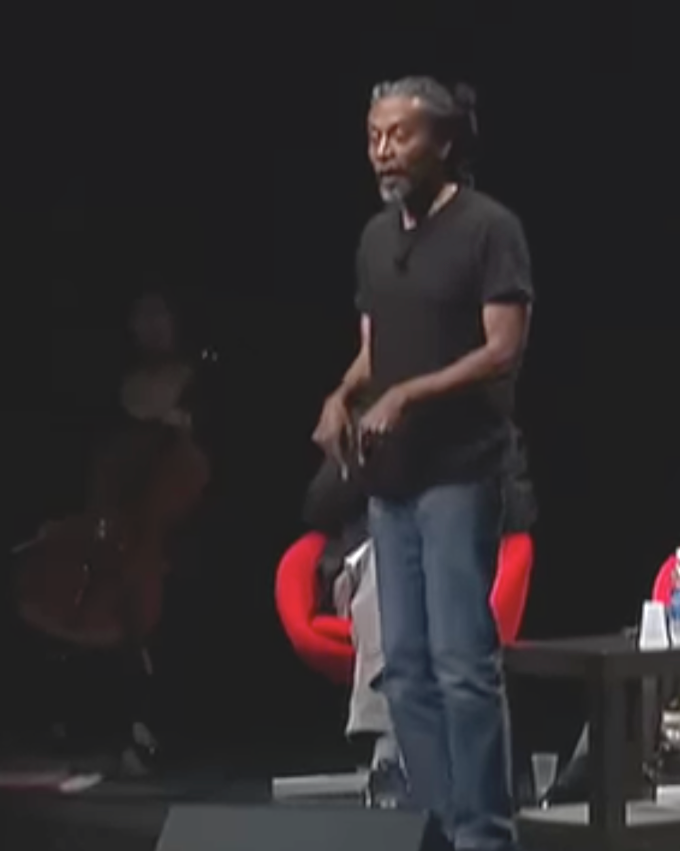August 8, 2025
Learning
How creativity became an engine of economic growth and a corporate imperative

It was once unusual for people to think collectively. Today it is considered an essential skill. This is a snapshot from of one of my own DIY Brand Camps. Photo by Maureen Bridget
In the beginning, creativity was the province of god, not mortal humans. Steven Shapin, a scholar who studies the role of science in social, cultural, and historical contexts, notes that the Oxford English Dictionary records just a single usage of the word in the 17th century, and it’s religious: ‘In Creation, we have God and his Creativity.’
"God," he says, "is the Creator and, in the 17th and 18th centuries, the creative power, like the rarely used ‘creativity’, was understood as divine. The notion of a secular creative ability in the imaginative arts scarcely appears until the Romantic Era." (That's 1800-1900, if you forgot.)
But by post-World War II, especially during the Cold War, creativity was seen as a practical and valued capacity. And by then it was cultivated not just in individuals deemed geniuses but at scale within organizations, especially in scientific, military, and corporate settings.
By the late 20th century creativity was framed as vital human capital for economic growth, closely linked to innovation and entrepreneurship, with governments and organizations prioritizing the cultivation of creative skills to succeed in a fast-changing global economy.
This article summarizes how creativity evolved from being regarded as a rare, divine gift of genius to a measurable, cultivable capacity vital to economic growth, innovation, and organizational success in modern industrial and postwar societies.
I especially like the parts about how institutional efforts to promote creativity led to the development of tests and practices that identified creativity as "divergent thinking." Such thinking, it turns out, promotes the ability to imagine multiple solutions and break away from conventional ideas.
It seems to me that we've got some conventional ideas that we need to break away from today.
ARTICLE: The Rise and Rise of Creativity




